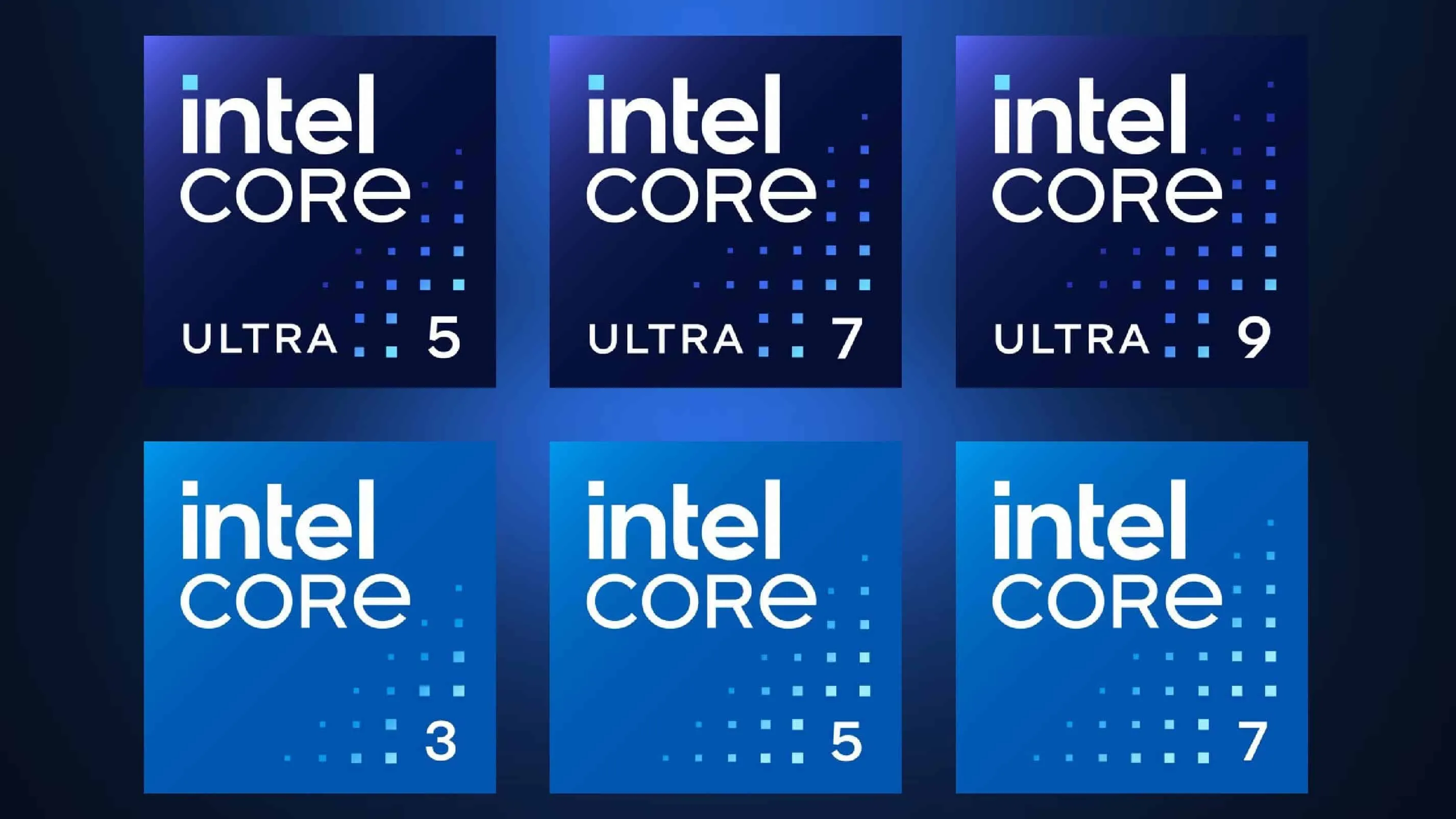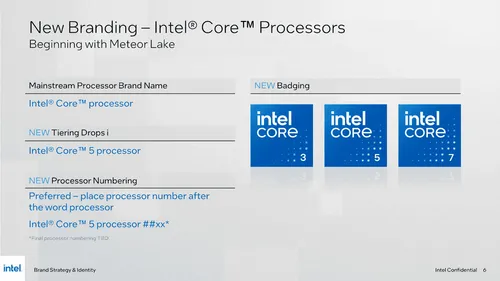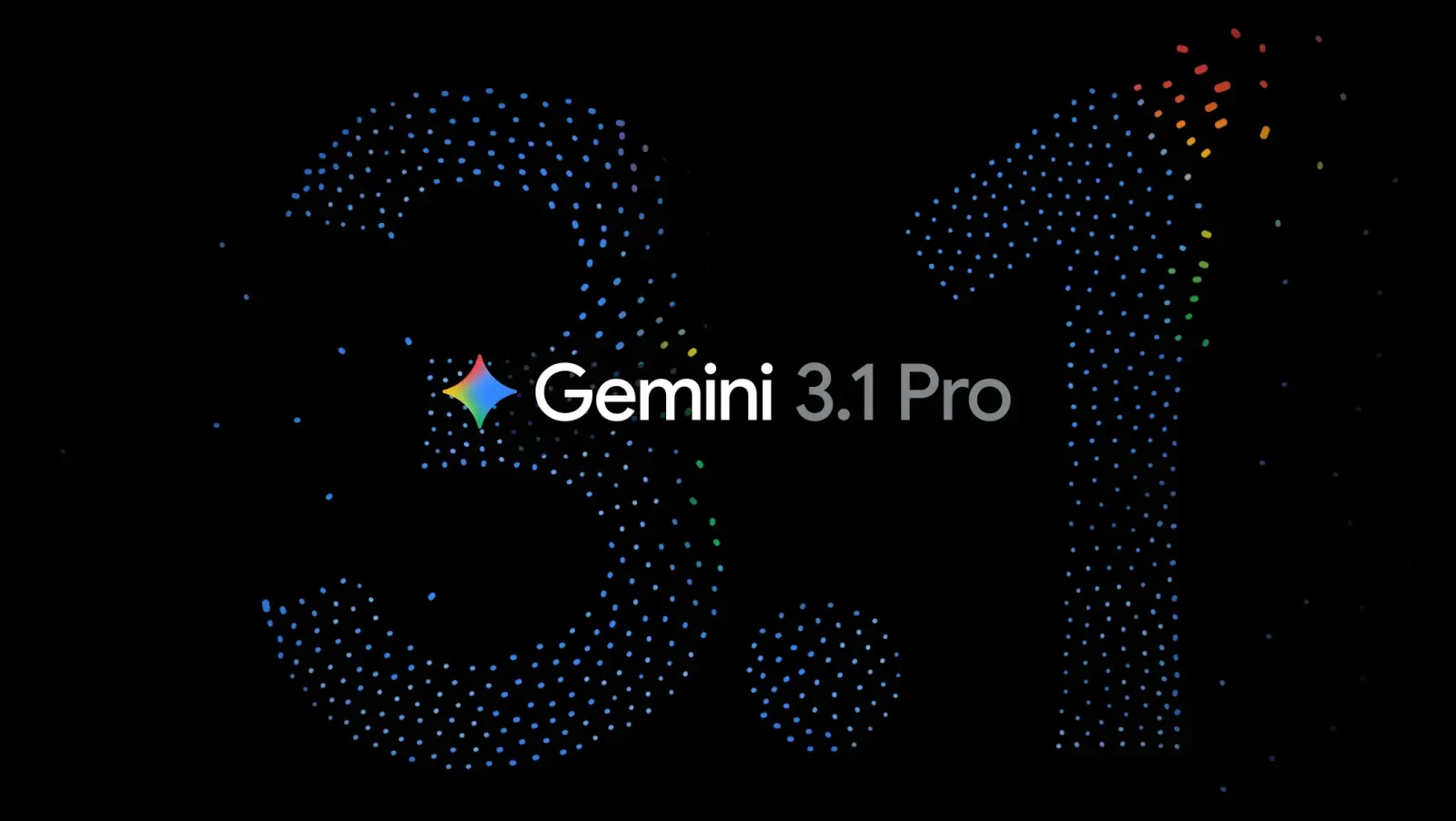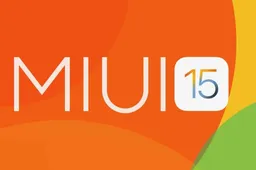Intel's Processor Lineup Undergoes Naming Overhaul: Goodbye to Core i
newsSunday, 18 June 2023 at 06:42

Intel has announced a major change in the way it names its processors. The "Core i" family of processors, which has been popular since 2008, will no longer use the "i" before the number to indicate the power and performance of the chip. Instead, the next processors in this segment will be named Core 3, Core 5, and Core 7.
This change will eliminate the confusion that often arises from the use of the "i" designation. It was meant to indicate that the processor had Intel's Turbo Boost technology. But over time it became a generic term for all Intel processors. The new naming convention will be easier to understand and more consistent across Intel's product lineup.
Intel Announces Major Changes to Processor Naming Convention: No more Core i

In addition to the end of the "i" era, Intel will also eliminate the use of "generations" to indicate the generation to which the chip belongs. However, the generational data will still be available in the processor number. For example, the "12" in "12700" reveals that the Intel Core i5-12700 belongs to the 12th generation.
These changes reflect Intel's efforts to simplify its product lineup and make it easier for customers to understand and choose the right processor for their needs. The new naming convention will debut with the future processors of the Meteor Lake family. They will be more than 20% faster than their predecessors. The introduction of the new EUV photolithographic node 'Intel 4' will contribute to this speed increase. The first Meteor Lake chips will arrive before the end of the year.
In addition to the new naming convention, Intel will also introduce a new subfamily of premium processors called "Ultra". It is unclear what advantages these chips will have, but they will debut in the second half of 2023. This is a contrast to the "non-Ultra" processors. It will begin to use the new naming convention with the Meteor Lake family.
Popular News
Latest News
Loading



